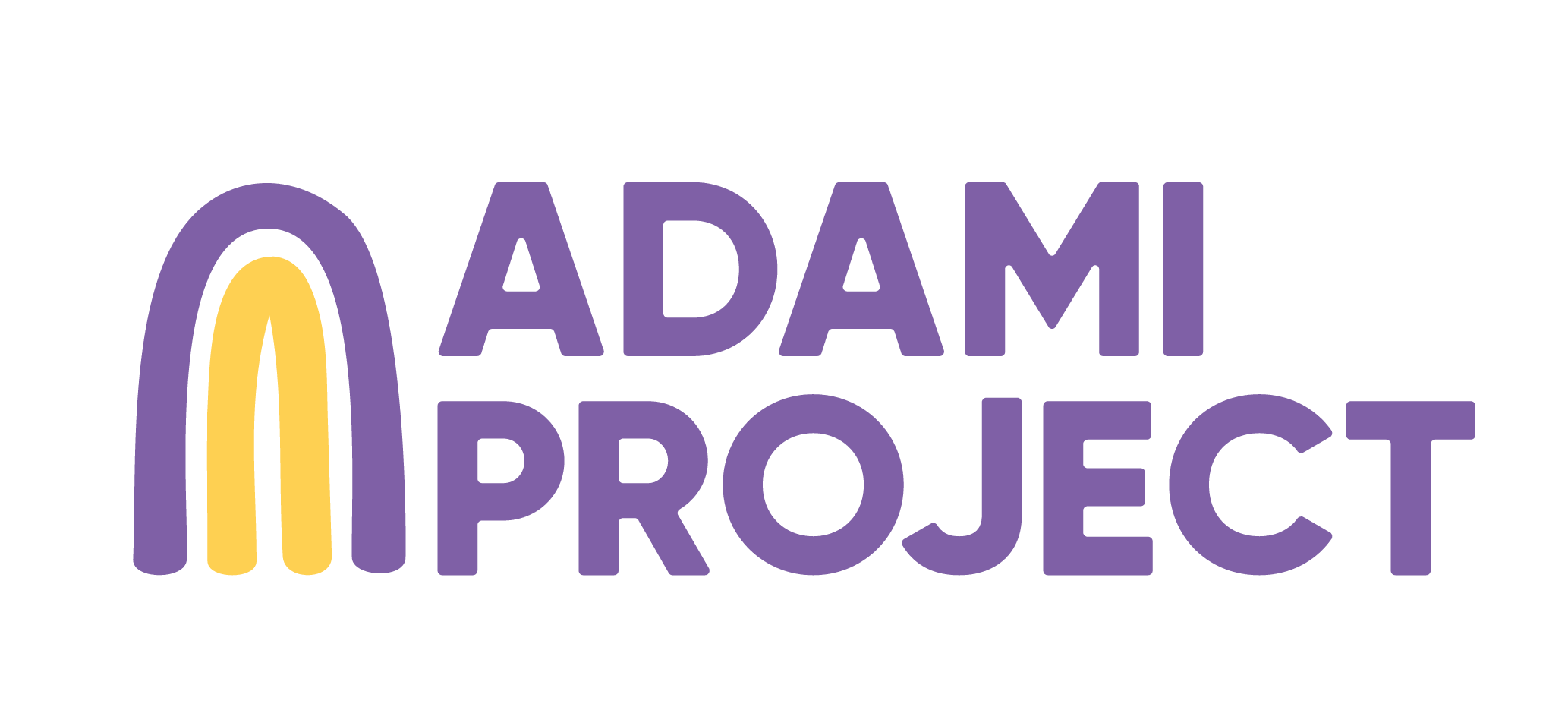Summer 2020 Newsletter
First, some good news…
We are delighted to report that having received a very generous donation last month we are now able to double the number of girls enrolled in our new workplace vocational training programme, bringing the total number to 40. As Sierra Leone’s economy is being badly hit by the COVID-19 lockdown, we are incredibly grateful to have the means to support more young mothers, whose lack of access to training and employment makes them especially vulnerable.
COVID-19: Adapting our services
Since our last update, COVID-19 has arrived in Sierra Leone and to try to limit the spread, the Government has closed schools and training centres, restricted travel and banned public gatherings. This has had an impact on our work, but we have been working hard to adapt so that our girls do not get left behind.
Daily study groups – To make up for the school closures, our mentors have devised study timetables for the girls, who are meeting in pairs (while respecting social distancing) to work through the assignments. Our mentors are checking in with them every day to ensure they stay on track.
New equipment – The Government is delivering lessons over the radio while schools are closed, so we have bought radios and batteries for the girls who would otherwise be in class. For the two girls who can no longer continue their tailoring courses at the vocational training centres, we have purchased sewing machines so they can keep developing their skills. We have also provided all our team-members and girls with face masks as these are now mandatory for anyone out in public in Sierra Leone.
Mentoring – Our mentors are meeting with the girls even more regularly than usual, while wearing face masks and observing social distancing measures. Their role is especially important as with the closure of schools and vocational training centres, there is a risk of girls becoming disengaged and even becoming pregnant again.
Vocational Training Programme – New Enrolment
In March, we enrolled 20 new girls onto our vocational training programme. We held individual induction sessions with each, given the ban on large gatherings, and they are now all attending their work placement or apprenticeship every day.
Two of the girls we’ve been able to start helping are Amie and Isata. As you will read, they have had a tough and unfair start in life. We are so happy to welcome them into the project and hope that our support will enable them to build a happier and more stable future for themselves and their children.
Amie
Amie is a bright girl, who had loved studying maths at school. But when she got pregnant aged 15 her boyfriend disappeared, denying the child was his, and her mother threw her out of the home for bringing shame onto the family. So, she was left to take refuge with a friend and make a living by carrying loads of sand for 30p a day.
Amie heard of the AdAmi project when she met two of our alumni, Katamu and Musu. They managed to reunite Amie with her mother, who now takes care of Amie’s daughter, Iye, while she trains to be a hairdresser. Now Amie’s future looks brighter, she wants to help others who don’t have anything, as that too could have been her fate if it wasn’t for the AdAmi Project.
Isata
Isata had also been abandoned by her boyfriend and parents when she discovered she was pregnant. Having to fend for herself, she went to work on a farm and chopped wood which she would then try to sell it back in her village. Some days, she wouldn’t earn any money and so, instead of eating for two, she wouldn’t eat at all.
This could have been Isata’s entire future. But when she was accepted onto our vocational training programme, things began to look up for the 17-year-old and her 3-year-old daughter Mariama. Deborah, one of our mentors, met with Isata’s parents and persuaded them to let her move back into the family home. Now she is being trained in tailoring, Isata hopes that she will be able to provide for herself, her daughter and her younger siblings. She also hopes that if she can financially support her family, the relationship with her parents, which is still occasionally fraught, will become stronger.



